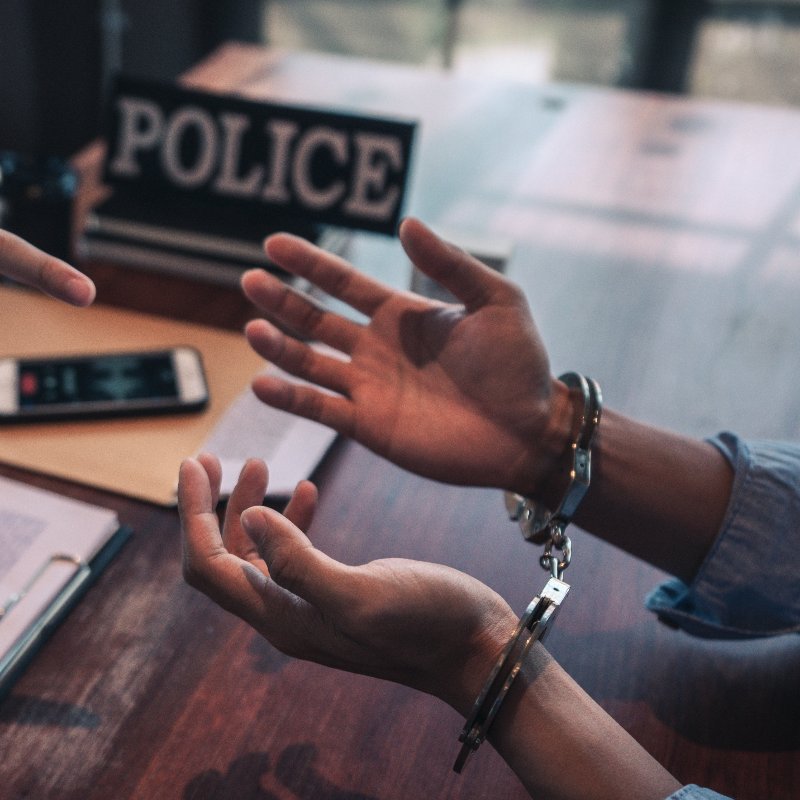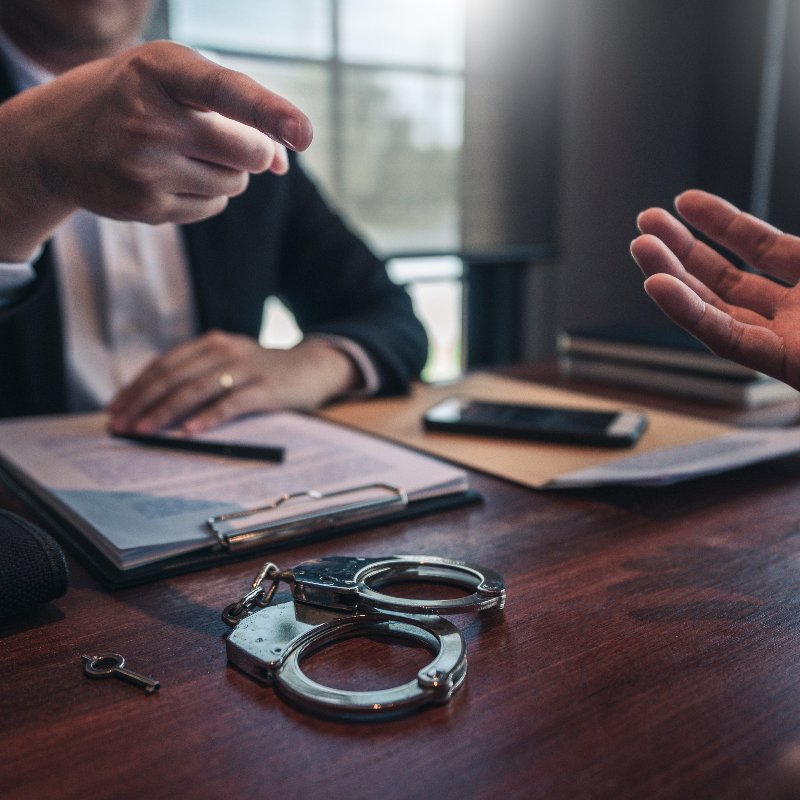
Understanding Probation Violations
Being arrested for any type of crime, no matter if it is a misdemeanor or a felony, begins a chain of reactions that can seem endless. How you can go from being free to committing a probation violation doesn’t take much. And one thing is for sure, a probation violation can get you in more trouble than where you started.
A probation violation can result in the probation being extended or revoked. It can result in jail time as well as an extended or revoked probation. Probation is giving the offender a chance to get back on track and correct their behavior.
What exactly is probation?
In the state of Indiana, the courts use probation to complete or replace a jail sentencing. Instead of serving time behind bars, the court suspends your sentence under the supervision of the city, county, or state probation department.
A defendant could receive direct probation and never serve time behind bars, or once they have served time behind bars, be placed on probation for a period of time determined by the judge.
Probably allows the person to return to the community, live at home and complete particular requirements, aka probation terms. The court will establish terms that must be followed by the defendant which can include any or all of the following, even additional things not listed here:
- No alcohol or drugs – and the defendant may be tested randomly or on a schedule
- No association with certain persons
- No allowed in certain areas like bars
- Community service required
- Meet with probation officer
- Attend certain classes
Failing or missing any of these things and any additional requirements not listed here is considered a violation of probation. At this time, the court can extend or revoke the probation, or require the defendant to serve time behind bars.
What are the different types of probation?
There are several types of probation, which can vary depending on the requirements the offender has been sentenced to by the judge. Each of these probation have clauses of probation violation. The common probation types are:
- Supervised Probation: The offender is required to check in with their probation officer weekly or monthly depending on the crime committed and the offender’s criminal background. Other restrictions may be required such as a curfew or not associating with known criminals. Doing either of these things or committing another crime while on supervised probation is considered a probation violation.
- Unsupervised Probation: No probation officer is assigned, but the offender is required to periodically report to the judge. This is typical probation for a first time offender. The offender is also require to either attend a classes, undergo counseling, and/or community service.
- Community Control Probation: The offender is released into the community under constant monitoring or placed under house arrest. An offender is often required to an ankle bracelet that allows their probation officer to know their whereabouts.
- Shock Probation: Typically given to a first time offender after they have spent some time in a jail.
- Crime Specific Probation: The offender of a drug offense or sex offense is required to participate in specific probation programs where counseling, education, comply to frequent substance abuse testing.
What’s the difference in parole and probation?
Probation is part of the initial sentence and handed down by the judge at the sentencing. Sometimes it is lieu of serving jail time, sometimes it is in combination with jail time. The specific restrictions are given at the time of probation violation sentencing and they must be adhered to during the probation. If any are not adhered to, the offender is in probation violation.
A parole board will determine if an offender should be granted parole after they have served part of all of their sentenced time behind bars. Factors they consider in this decision include their behavior while behind bars and their rehabilitation level. There are typically additional restrictions on the defendant while they are on parole.
Can you be on parole and probation at the same time?
Yes, with this scenario, there is usually multiple cases against the defendant. Once case may have them on probation and another case may have them on parole. This often happens when those different cases are in different courts like city, county, state and/or federal courts.

Closing Comments
It is important that the defendant be aware and knowledgeable of what a probation period means. The judge will state the required probation period to begin and end on specific dates. During those dates, it is important for the defendant to ask any questions like, “How do probation violations work?” This way, they can be sure not to commit any probation violations. Probation for city, county, or state is less restricting than felony probation, and thus the probation violation won’t have as severe repercussions as a felony probation violation. Probation should be taken seriously no matter what level of the court has issued the given probation.
